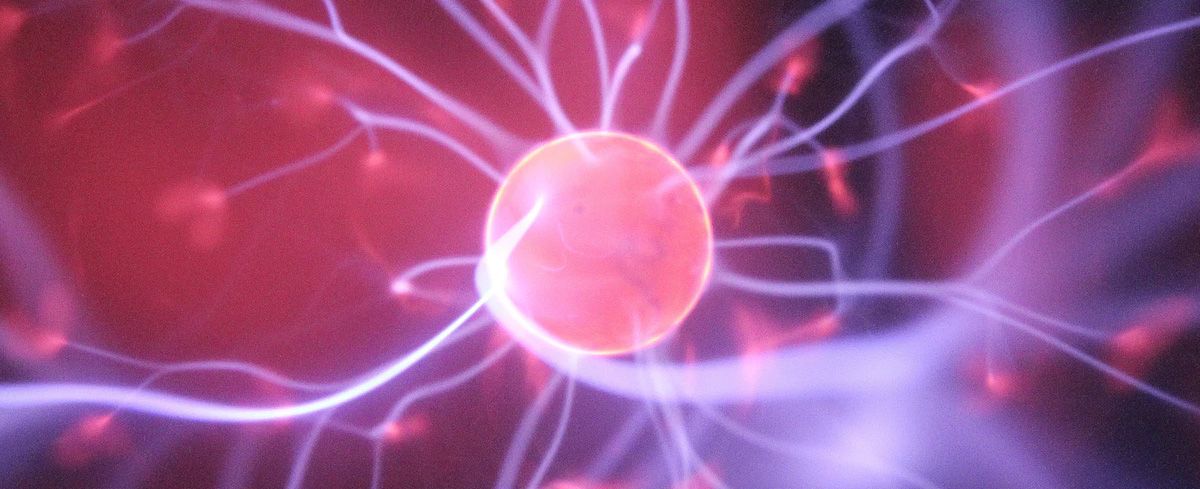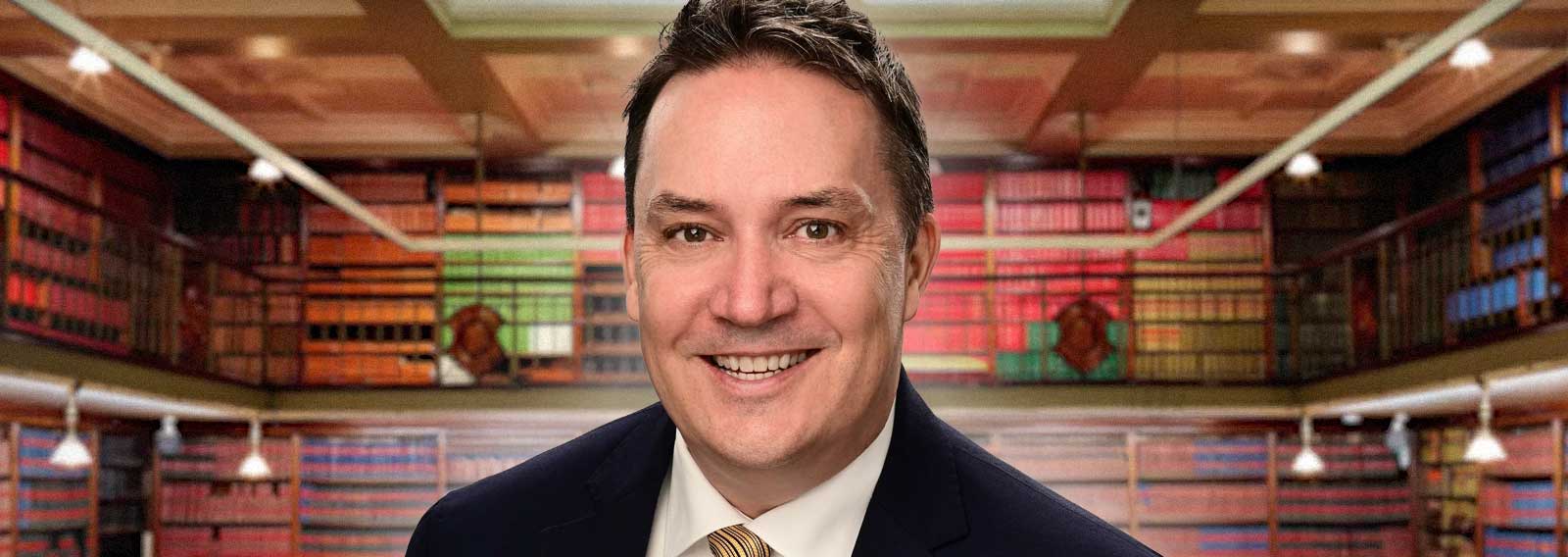The proof of Christianity is the absurdity of the contrary. That is to say, whatever alternative you offer in place of the Christian worldview it will ultimately lead to a self-refuting conclusion.
Take for instance the argument that there is no God. One can’t argue for atheism without refuting atheism in the process.
Often, atheism is presented as the scientific man’s philosophy. But if atheists were consistent to their worldview, science would be entirely impossible. Science is about the discovery of truth, and in order to learn anything there are certain things that need to be true first.
First, the atheist presupposes the basic reliability of the senses. But on what basis? According to the atheist, there is no standard to appeal to outside of our own senses to validate our experiences. For all he knows, he could be merely experiencing the sensation of thinking true thoughts.
C.S. Lewis once said, if there is no intelligence behind the universe and no creative mind, then nobody designed the human brain for the purpose of thinking. Lewis expands on the implications of that:
It is merely that when the atoms inside my skull happen, for physical or chemical reasons, to arrange themselves in a certain way, this gives me, as a by-product, the sensation I call thought.
But, if so, how can I trust my own thinking to be true? It’s like upsetting a milk jug and hoping that the way it splashes itself will give you a map of London.
But if I can’t trust my own thinking, of course I can’t trust my arguments leading to atheism, and therefore have no reason to be an atheist, or anything else.
Unless I believe in God, I cannot believe in thought: so I can never use thought to disbelieve in God.
Jonathan Sarfati once similarly said, “We must wonder why atheists call themselves ‘freethinkers’ if they believe thoughts are merely the results of atomic motion in the brain obeying the fixed laws of chemistry.”
Second, the atheist presupposes the laws of logic, the immaterial, universal, invariant, abstract entities which govern all possible conceptual relationships. In fact, it’s impossible to function without presupposing the laws of logic. You put your shoes on before you leave the house, but how do you know your shoes aren’t on before you’re wearing them? The laws of logic. Your shoes cannot be on and not on in the same sense, at the same time. But if the laws of logic aren’t rooted in the God who cannot lie, then what basis does he have for appealing to them?
Dr Jason Lisle said, “Other worldviews cannot account for logic. Take naturalism for example, many evolutionists are naturalists. They believe nature is all that there is. The naturalist attempts to use logic and reason to support his position, but there’s a problem – logic is not part of nature. You can’t point your telescope somewhere and see a law of logic. They’re not natural, they’re immaterial. If everything that exists is part of nature’s material then you can’t have laws of logic. So, the naturalist is trying to use something that cannot exist within his own position to support his own position and argue against Christianity. The fact that he’s able to make an argument at all proves he’s wrong.”
Third, the atheist presupposes the uniformity of nature. However, according to the atheist’s own professed worldview, time and matter make miracles happen, cause universes to spontaneously appear, and human life to evolve from nothing in order to create art and music and dance.
We all assume the uniformity of nature, but how does the atheist assuredly know that the universe is in fact uniform? Has man investigated every single aspect of the universe, from the smallest atomic particles to the farthest flung galaxies? Do we have exhaustive knowledge of every particle of matter, every moment in time, and every movement in space? And even if we did, there remains another issue for the atheist.
Every attempt to prove the uniformity of nature necessarily requires circular reasoning. In order to prove uniformity one must first presuppose the uniformity and validity of one’s own personal experience. Since the atheist cannot know everything he’s forced to presuppose uniformity, and then think and act on that assumption. Consequently, the principle of uniformity is not so much a scientific law as it is an act of faith and a prior commitment which undergirds scientific laws.
Fourth, the atheist presupposes absolute morality. If the atheist believes we are the unintentional chemical by-product of time and chance working on matter, then what one chemical does to another is morally irrelevant. The atheist will sometimes appeal to the “greater good of society,” but in doing so he’s still begging the question. What one chemical does to a larger collection of chemicals is also morally irrelevant. According to the atheistic worldview, human action and behaviour is reduced to one chemical reacting to another chemical, and that is all.
Douglas Wilson once stated, if there were no God, then all that exists is time and chance acting on matter. But think for a moment what that would actually mean if it were true.
If this is true then the difference between your thoughts and mine correspond to the difference between shaking up a bottle of Mountain Dew and a bottle of Dr Pepper. You simply fizz atheistically and I fizz theistically.
This means that you do not hold to atheism because it is true, but rather because of a series of chemical reactions. Morality, tragedy, and sorrow are equally evanescent. They are all empty sensations created by the chemical reactions of the brain, in turn created by too much pizza the night before. If there is no God, then all abstractions are chemical epiphenomena, like swamp gas over fetid water.
This means that we have no reason for assigning truth and falsity to the chemical fizz we call reasoning or right and wrong to the irrational reaction we call morality. If no God, mankind is a set of bi-pedal carbon units of mostly water. And nothing else.
The basic reliability of the senses, the laws of logic, the uniformity of nature, and absolute morality are concepts completely consistent with the Christian worldview and find their grounding in the Christian concept of God.
Also see: Why should you believe the Bible?
As Rodney Stark said, “The Christian concept of God held the key to the rise of the West. The belief in a rational-creator God had the implication that creation itself was rational and obeyed rules. Science only happened in the West because only in the West was science plausible. Elsewhere it was thought that the universe was eternal, that it was mystical, that it was beyond understanding and human comprehension. We could meditate on it, but we couldn’t discover the rules that made it work.”
Perhaps at this point the atheist’s best option is a nihilistic solipsism, the belief that yourself is the only thing that can be known to exist. But even if that were the case, not only could you not know ultimate reality, you’d have no basis for trusting the reality you think you’re experiencing.
In the end there are only two options, Christianity or absurdity. In the following presentation, Dr Jason Lisle explains this point further, demonstrating that any alternative to the Bible is irrational and fails to make sense of logic, morality, and the scientific method.
WATCH:


















